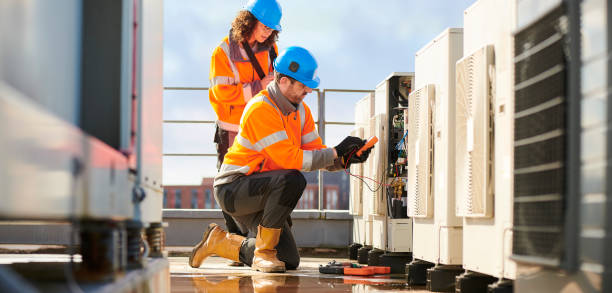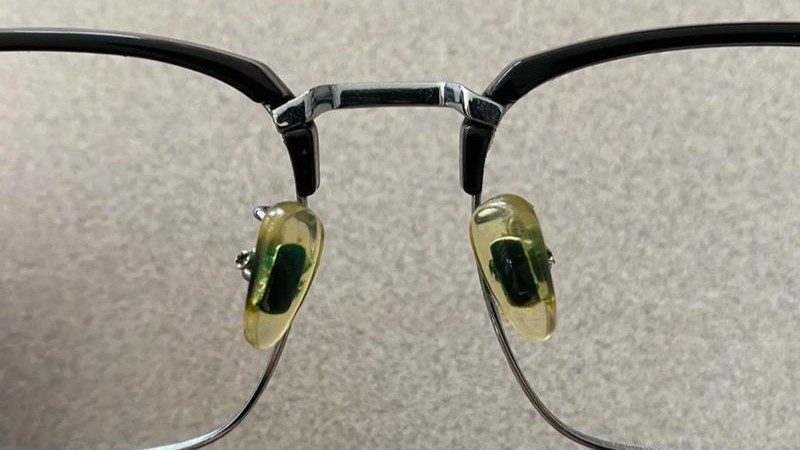Power outages can occur at any time due to severe weather, utility failures, or unexpected emergencies. A backup generator ensures your home remains powered, keeping essential appliances running and maintaining comfort and safety. However, installing a backup generator is not a DIY project. It requires professional expertise to ensure proper installation, compliance with local codes, and long-term reliability.
If you’re considering installing a generator, consulting a Kenner electrician is the best way to ensure a safe and efficient setup. A professional electrician can help you choose the right generator, handle installation, and provide maintenance services to keep your system in optimal condition.
Why a Backup Generator is Essential for Your Home
1. Uninterrupted Power Supply
Power outages can last for hours or even days, depending on the severity of the issue. A backup generator automatically restores power to your home, preventing disruptions to daily life. This is especially important for homes with medical devices, refrigeration needs, and security systems that rely on a consistent power supply.
2. Protection Against Extreme Weather Conditions
Kenner and the surrounding areas are prone to hurricanes, heavy storms, and strong winds, all of which can lead to power failures. A generator ensures that you have a reliable power source during extreme weather conditions, allowing you to stay safe and comfortable.
3. Prevents Food Spoilage
A prolonged power outage can cause food in your refrigerator and freezer to spoil, leading to unnecessary waste and financial loss. A backup generator keeps your appliances running, ensuring that perishable items remain fresh.
4. Keeps Your HVAC System Running
During hot summers or cold winters, losing power can make your home uncomfortable and even dangerous. A generator allows you to keep your heating and cooling systems running, maintaining a safe indoor temperature for you and your family.
5. Increases Home Value
A professionally installed backup generator adds value to your home. Many homebuyers consider backup power an attractive feature, especially in areas prone to storms and power outages.
Why You Need a Professional Electrician for Installation
Installing a backup generator involves more than simply plugging in a machine. It requires proper wiring, compliance with electrical codes, and a connection to your home’s power system. Here’s why you need a licensed electrician for the job:
1. Choosing the Right Generator
Generators come in various sizes and power capacities. A professional electrician assesses your home’s energy needs and recommends the right unit. Whether you need a whole-house generator or a smaller backup unit, an expert ensures you get the most efficient system for your home.
2. Safe and Correct Installation
Improper generator installation can result in electrical hazards, carbon monoxide poisoning, and even fires. A licensed electrician ensures that the generator is installed correctly, safely wired to your home’s electrical panel, and properly ventilated to prevent dangerous emissions.
3. Compliance with Local Codes and Regulations
Every city has specific codes and regulations for electrical installations, including backup generators. A professional electrician ensures that your installation meets local safety standards, avoiding potential fines or issues with homeowners’ insurance.
4. Integration with Your Home’s Electrical System
A backup generator must be properly connected to your electrical panel to automatically switch on during an outage. An electrician installs a transfer switch, which safely transitions your home from utility power to generator power without manual intervention.
5. Preventing Backfeeding Risks
Backfeeding occurs when a generator sends electricity back into the main power grid, posing a danger to utility workers and your home’s electrical system. A licensed electrician installs safeguards to prevent backfeeding, ensuring a safe and reliable power supply.
6. Long-Term Maintenance and Support
Generators require regular maintenance to function properly during emergencies. A professional electrician can provide ongoing servicing, including oil changes, battery checks, and system testing, ensuring your generator is always ready when you need it.
Types of Backup Generators for Homes
When selecting a generator, you have two main options:
1. Standby Generators
- Permanently installed outside your home
- Automatically turns on during a power outage
- Runs on natural gas or propane
- Can power the entire house or selected circuits
- Requires professional installation and maintenance
2. Portable Generators
- Manually operated and requires refueling
- Typically runs on gasoline or propane
- Can power a few essential appliances using extension cords
- More affordable but requires regular setup and monitoring
Key Considerations Before Installing a Generator
Before installing a backup generator, consider the following factors:
1. Power Requirements
Determine which appliances and systems you want to power during an outage. A professional electrician can calculate the total wattage needed to recommend the right generator size.
2. Fuel Source
Standby generators typically run on natural gas or propane, while portable generators use gasoline. Consider fuel availability and storage requirements when choosing your generator.
3. Budget
While standby generators are more expensive upfront, they provide a long-term, hassle-free power solution. Portable generators are more affordable but require manual operation and fuel management.
4. Noise Levels
Generators can be noisy, depending on the model and size. Look for units with lower decibel ratings if noise is a concern in your neighborhood.
5. Placement and Ventilation
A generator must be installed in a well-ventilated outdoor area to prevent carbon monoxide buildup. A licensed electrician ensures proper placement for safety and efficiency.
Conclusion
A backup generator is a valuable investment for Kenner homeowners, providing reliable power during outages and protecting your family from unexpected disruptions. However, installing a generator is not a simple task. Hiring a professional electrician ensures a safe, compliant, and efficient setup, giving you peace of mind knowing your home is prepared for any power failure.
If you’re considering installing a backup generator, consult a qualified Kenner electrician to guide you through the process and ensure your home remains powered when you need it most.




